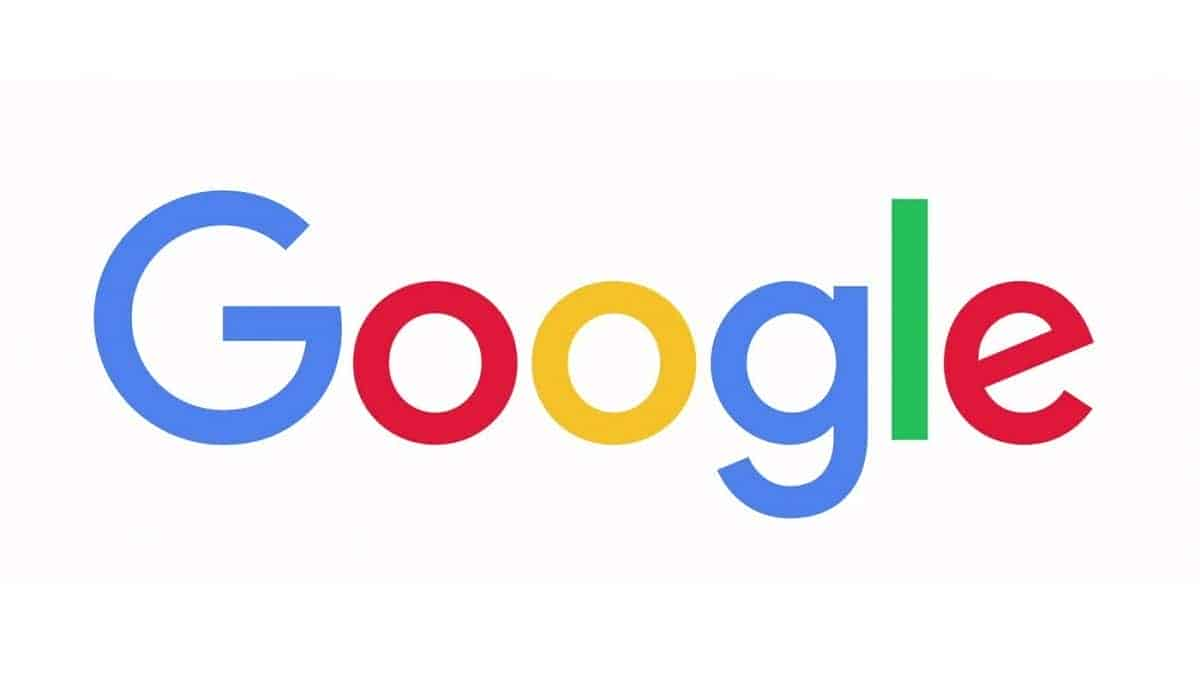Google will permit usage of custom billing systems by European developers

Google will start enabling non-gaming app developers in the European Economic Area (EEA) to provide other payment methods. Google explains in a blog post how it intends to adhere to the Digital Markets Act (or DMA), a piece of law intended to control big tech.
The DMA was approved by the European Parliament earlier this month, but it won’t be put into effect until the following spring. But in order to make sure that its plans “suit the demands” of users, Google is implementing the adjustments in advance.
The law mandates that “gatekeepers,” or businesses with a market value of at least €74 billion, abide by a set of guidelines designed to foster competition among digital platforms. Failing to comply might lead to sanctions of up to 10 percent of a firm’s global revenue or 20 percent in case of recurrent crimes.
The first $1 million in transactions made by Android developers within a year will still be subject to a service fee from Google that must be paid for each transaction. Google claims that it will lower this cost by 3%, which means that it will only keep 12% or less of each transaction. Google will deduct a 27 percent transaction fee from developers’ earnings if they exceed $1 million in a calendar year (3 percent less than the standard 30 percent).
In a support website, Google explains the charge and claims that it “has never been just a cost for payment processing” but rather “reflects the value given by Android and Play.”
As part of the new policy, Google pledges to stop deleting apps that make use of alternative payment methods as long as such methods comply with Google’s specifications. This entails providing services to users within the EEA (which includes all European nations, both inside and outside the EU) and preventing users outside the EEA from using the payment system. For the billing provider they select, developers must also offer customer assistance.
A number of lawsuits against Google’s in-app payment strategy have already been filed in the US, including ones from a consortium of state lawyers and Match Group, the parent company of Tinder. The allegations in these lawsuits are similar to those of Epic Games’ lawsuit against Apple, which contended that Apple had a monopoly on the App Store’s payment methods. Although Epic Games’ case against Google is still pending, that trial’s verdict was divided.
Google has made few allowances to developers in the US, despite changing its regulations there, and when it has, it has mostly been making exceptions for large corporations. In response to Netflix’s complaints over its membership rates, Google apparently struck a deal with the streaming service. Google later handed out a test program that let some developers to utilize their own payment systems, starting with Spotify. Prior to its 2023 experiment, Google also let Match Group to adopt a different billing method.


